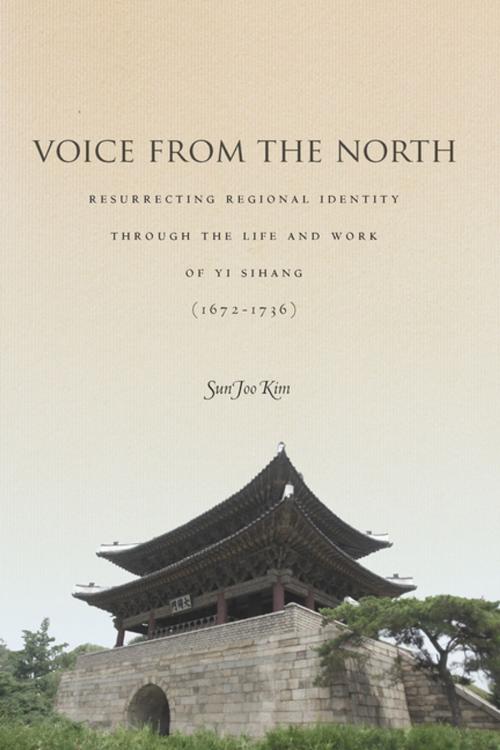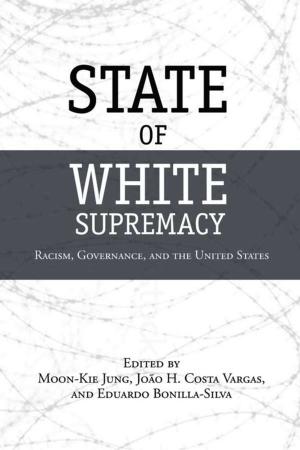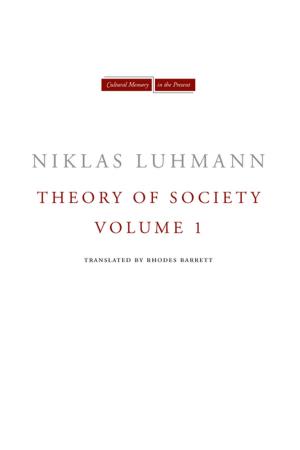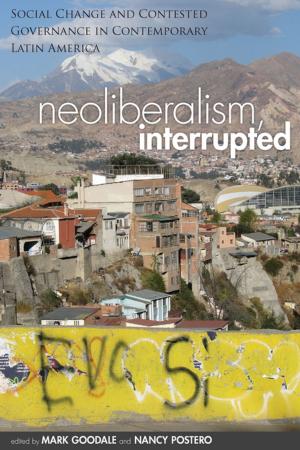Voice from the North
Resurrecting Regional Identity Through the Life and Work of Yi Sihang (1672–1736)
Nonfiction, History, Asian, Korea| Author: | Sun Joo Kim | ISBN: | 9780804786652 |
| Publisher: | Stanford University Press | Publication: | June 19, 2013 |
| Imprint: | Stanford University Press | Language: | English |
| Author: | Sun Joo Kim |
| ISBN: | 9780804786652 |
| Publisher: | Stanford University Press |
| Publication: | June 19, 2013 |
| Imprint: | Stanford University Press |
| Language: | English |
Voice from the North resurrects the forgotten historical memory of the people and region in late Choson Korea while also enriching the social history of the country. Sun Joo Kim accomplishes this by examining the life and work of Yi Sihang, a historically obscure person from a hinterland in Korea's northwestern region who was also a member of the literati. Unlike many of his contemporaries, Yi Sihang left numerous writings on his region's history and culture, and on the political and social discrimination that he and others in his region faced from the central elite. This work explores a regional history and culture through the frames of microhistory and historical memory. Kim criticizes the historiographical problem of "otherizing" the northern region and fills a gap in Korean historiography—the lack of historical study of the northern region from a regional perspective, P'yongan Province in particular. The biographical format of this work engages readers in the investigation of a person's life within the changing world of his time and also creates a space where private and public intersect. Kim places Yi Sihang at the center of the historical stage while describing, analyzing, and reconstructing the world around him through his life story.
Voice from the North resurrects the forgotten historical memory of the people and region in late Choson Korea while also enriching the social history of the country. Sun Joo Kim accomplishes this by examining the life and work of Yi Sihang, a historically obscure person from a hinterland in Korea's northwestern region who was also a member of the literati. Unlike many of his contemporaries, Yi Sihang left numerous writings on his region's history and culture, and on the political and social discrimination that he and others in his region faced from the central elite. This work explores a regional history and culture through the frames of microhistory and historical memory. Kim criticizes the historiographical problem of "otherizing" the northern region and fills a gap in Korean historiography—the lack of historical study of the northern region from a regional perspective, P'yongan Province in particular. The biographical format of this work engages readers in the investigation of a person's life within the changing world of his time and also creates a space where private and public intersect. Kim places Yi Sihang at the center of the historical stage while describing, analyzing, and reconstructing the world around him through his life story.















